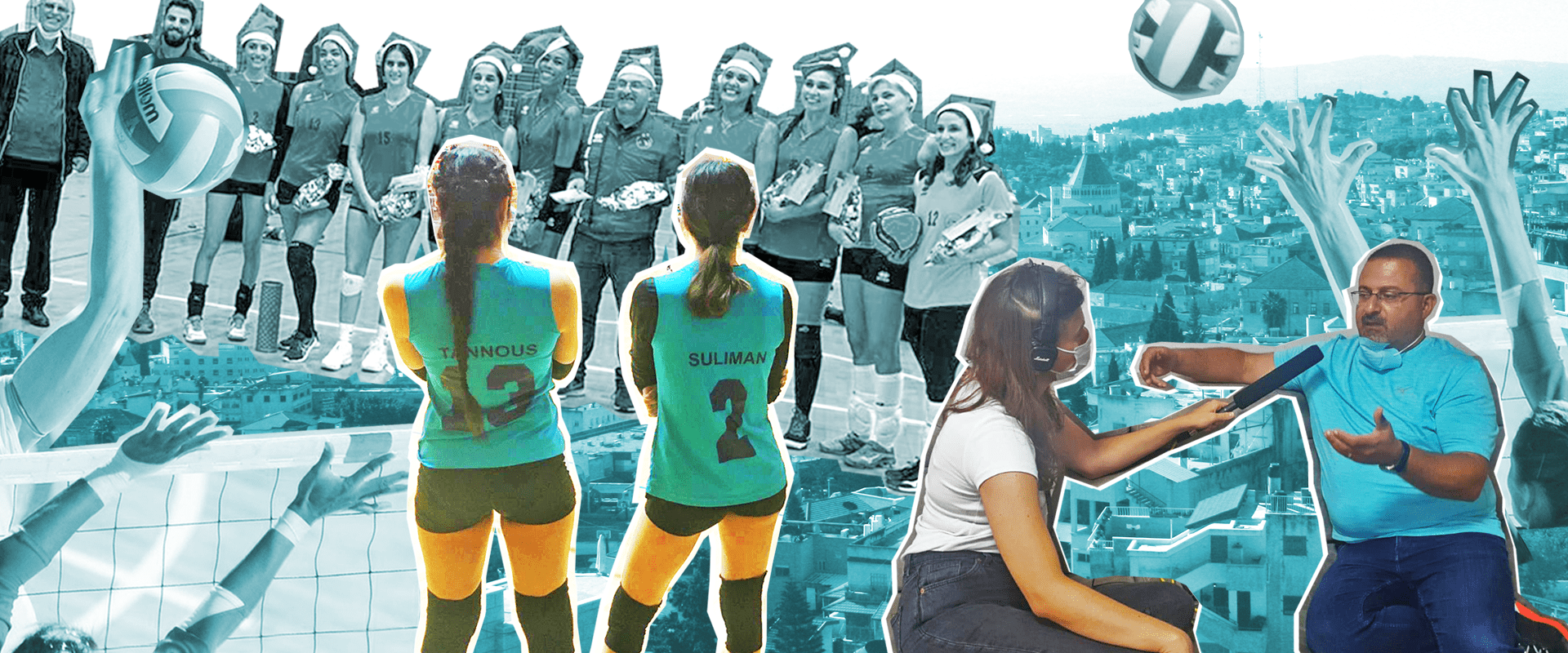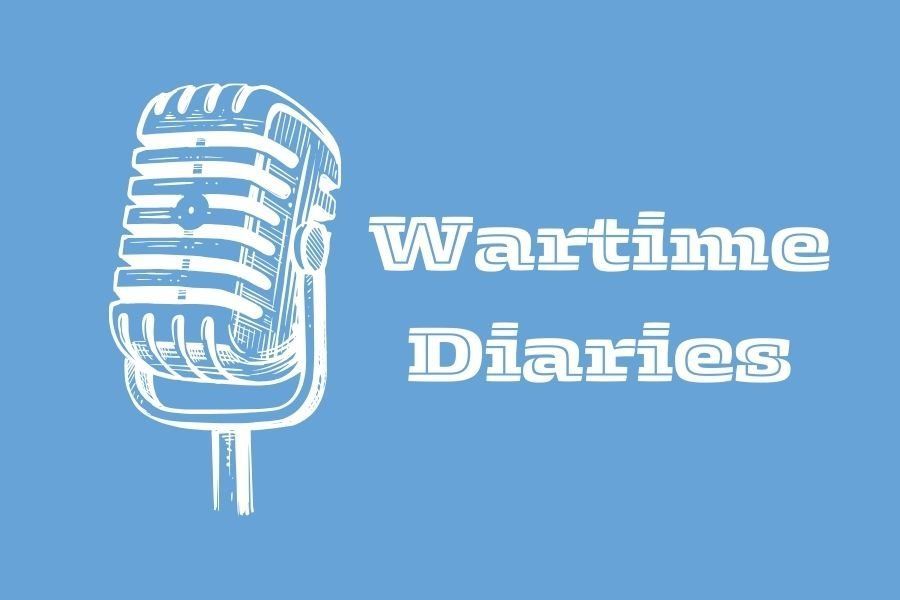Bonus: Yalla Banaat
- 25:06
- 2021

The only way we manage to survive, the only way we’re able to produce season after season, is with your support and your generosity. So, if you enjoy our show, if we’re a part of your life, if you look forward to new episodes, and if you believe in what we do, please pitch in.
Prologue: Show Your Love
Here’s the truth: Making a show like Israel Story is hard. It’s really hard. We’re a small team, on a shoestring budget, and we work on each and every episode for months and months, sometimes even years.
We do it because we believe in our mission. We think it’s important to tell complicated and nuanced stories about our country. And we want to model the Israeli society we’d like to live in – one that’s open-minded and pluralistic, diverse and full of curiosity. One in which we listen to each other, and learn from one another. One in which there is room for people of different faiths, different beliefs, different backgrounds, different lifestyles. Our team works around the clock to produce stories that are hopefully not only meaningful and thought-provoking, but also beautiful and artistic.
So, if you think it’s important that Israel Story continue to exist and to thrive, please consider a gift today. There are several different ways to give, and what helps us most of all is if you choose to become a monthly contributor. Thank you.
Act I: Yalla Banaat
Most people who know Anan Jarjoura of Nazareth call him ‘Abu el-Banaat’ – Arabic for ‘Father of the Girls.’ But this nickname doesn’t refer to Anan’s own biological daughters. It refers, instead, to his girls. His team.
Marie Röder brings us the unlikely story of Maccabi Bnot Nazareth, the first Arab team to play in Israel’s premiere volleyball league. But this isn’t your average underdog sports tale – it is, rather, a story of empowerment, feminism and shattered glass ceilings.
Credits
Zev Levi scored and sound designed this special with music from Blue Dot Sessions, which was mixed by Sela Waisblum. Skyler Inman created the artwork. Thanks to Sheila Lambert, Erica Frederick, Jeff Feig and Joy Levitt.
The end song, Ze Rak Sport (“It’s Just Sport“), was written by Ehud Manor, composed by Kobi Oshrat and performed by Dafna Dekel.

 Wartime Diaries
Wartime Diaries

